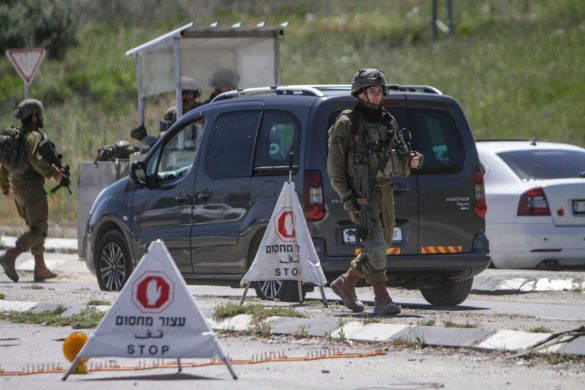En humanitær katastrofe lurer i Gaza, advarer FN-ekspert. På grund af mangel på brændstof er der kun elektricitet seks timer om dagen. Derfor kører hospitalerne på pumperne. Også anden basal infrastruktur som rensningsanlæg er ramt.
BRUSSELS 27 November 2013 (UNRIC): An independent United Nations human rights expert has called for urgent action to avert a humanitarian catastrophe in the Gaza Strip, where a power shortage has disrupted health services, sent raw sewage flooding into the streets and left 1.7 million Palestinians in a dire situation.
Power supply is currently limited to six hours a day, more than three weeks after the only power plant in Gaza was shut down due to a critical fuel shortage.
“The situation in Gaza is at a point of near catastrophe,” warned Richard Falk, the UN Special Rapporteur on the situation of human rights in the occupied Palestinian territories.
Disrupting basic services
“The fuel shortage and power cuts have undermined an already precarious infrastructure, severely disrupting the provision of basic services, including health, water and sanitation,” he said in a news release. “The onset of winter is certain to make things even worse.”
He noted that less than half of Gaza’s total power needs are being met and disruptions to specialized health services, such as kidney dialysis, operating theatres, blood banks, intensive care units and incubators are putting the lives of vulnerable patients in Gaza at risk.
For the past two weeks, some 3,000 residents, including children, living in or near the Gazan neighbourhood of Az Zeitoun have been wading through raw sewage on the streets after the largest sewage treatment facility in the area overflowed due to a power failure.
Mr. Falk stressed that other sewage treatment stations may soon also run out of petrol to fuel generators and result in more sewage overflowing onto the streets of Gaza. Medical experts have warned of the serious risk of disease, and even an epidemic.
Buying unsafe water
“Up to 40 per cent of Gaza’s population receives water only once every three days,” he noted.
“In this situation of dire necessity those who can afford to do so, are shockingly buying unsafe water from unregulated water vendors and distributors.”
The expert believes that the main trigger for the latest crisis is Egypt’s ongoing crackdown on the vast network of tunnels and fuel tanks near the southern border of Gaza, which allowed Gaza to avoid some of the hardships associated with the Israeli blockade maintained since 2007.
“We mustn’t forget that the underlying cause of a lack of adequate medical facilities and specialized care in Gaza is a consequence of Israel’s illegal blockade,” Mr. Falk said.
He stressed that Israel has a special responsibility under international humanitarian law to take whatever measures are necessary to protect the civilian population of Gaza against this mounting threat to their well-being.
“The failure to do so would be an aggravated instance of collective punishment, which is unconditionally prohibited by the Fourth Geneva Convention.”















